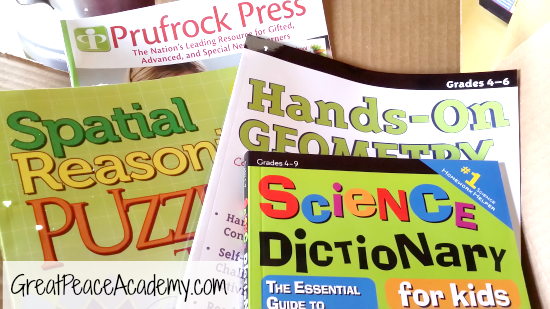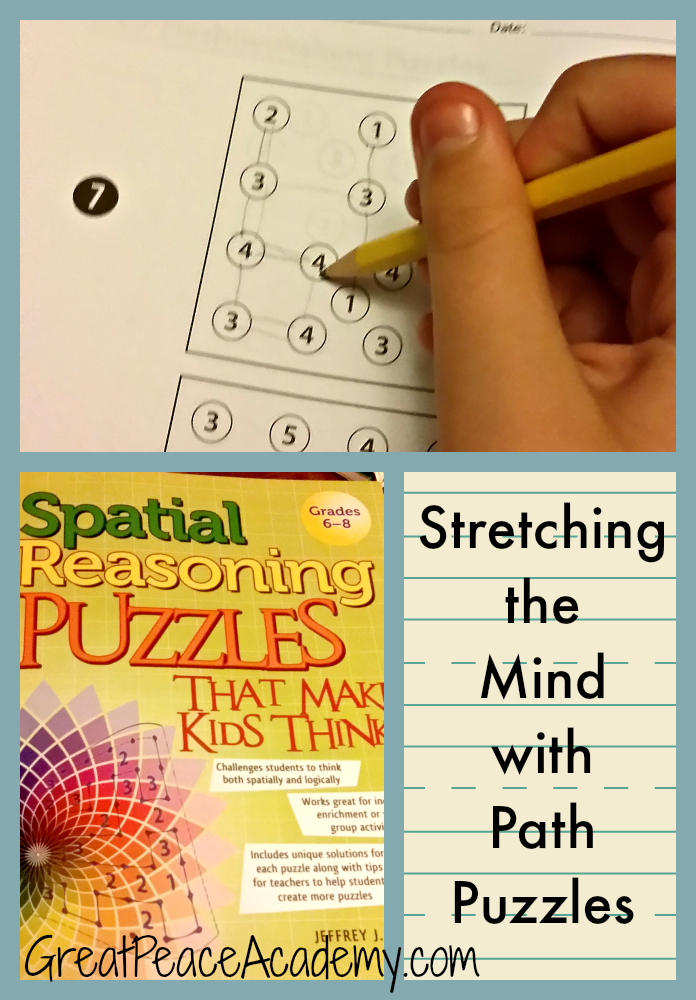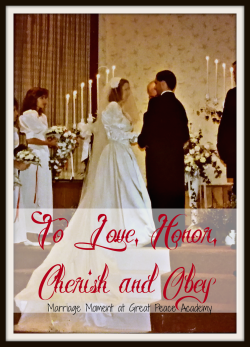
Keeping the Gifted Child’s Mind Engaged

From Reference to Logic to Hands On Resources that Keep Gifted Kids Thinking
This post contains affiliate ad links and products that I received for free in exchange for my honest review. All opinions expressed are my own.
Do you ever think to yourself, ‘How exactly am I going to explain…” That’s how I often feel when my son asks me questions about science and math. He astounds me with his gifted abilities. That’s why when I find resources that help me with explanations I get excited.
Do you remember a few months back I told you about a Math Dictionary that I had discovered from Prufrock Press. I was chatting with my friend Amy about the Math Dictionary. She and I are both Prufrock bloggers and we have the opportunity to review their products for free so we can share with you the great gifted education products they have. That’s when she told me about the Science Dictionary by the same company. I was so glad to hear about it, so I put it on my review list.

It came in this month. He loves everything we get from Prufrock Press and every time a package comes in the mail he gets very excited. So do I frankly, because I know that either I’m going to receive books to help me in my parenting a gifted child journey or he’ll be getting materials which will challenge his mind.
This month we received 3 books; Science Dictionary, Spatial Reasoning Puzzles and Hands-On Geometry.
Science Dictionary

The Science Dictionary, by Laurie E. Westphal is laid out in a similar way to the Math Dictionary that I told you about before. There are 7 categories and each word within the category is in alphabetical order. The categories cover earth, physical, life and space sciences, measuring, scientific equipment, and the scientific process. Additionally, there is a quick reference guide in the back which has handy tables, charts, equipment and more.
Little Man is a reader of reference materials, so this was is a no-brainer for me. While the book will be a fabulous reference for me to refer to when I need to explain scientific terminology to him, he grabbed it right away and set to reading it because he enjoys learning and memorizing information.
Spatial Reasoning Puzzles That Make Kids Think!

So do you know the app Flo? These puzzles are similar to those, at least that’s what they remind me of. The Spatial Reasoning Puzzles book, by Jeffrey J. Wanko, has four separate chapters each with it’s own unique type of puzzle. The rules for each set of puzzles are different therefore each section presents a different challenge. They are all path puzzles. Which means that the goal is to create a path across a grid using the given prompts within each puzzle.
These kinds of puzzles put reasoning and logic into a visual perspective. When Jonathan first began, he was more curious than anything else. It wasn’t long though before he got excited when he realized that the puzzles were more challenging than he thought at first glance. When he completed his first puzzle, he was extremely excited and couldn’t wait to dive in to the other puzzles in the book.
There are 12 puzzles per chapter but there is also a section for children to create their own puzzles based upon the types found in the book.
Hands – On Geometry

I’m sure I’ve told you many times how math is not my forte. I struggle with math. My son however is quite the opposite. It’s one of his strongest gifts. My Beloved and I have most recently begun to consider that perhaps Little Man is headed for an engineering or architecture career. So we are exploring that passion for now. When I saw this Hands – On Geometry book, by Christopher M. Freeman, I thought it might be an interesting supplement to the math he’s been working on and the art structures he spends hours drawing.
It’s designed to put the compass and the straight edge right in the child’s hands so they can explore mathematical geometry with precision. Now architecture and engineering is all about precision, so I knew this was going to be a book that he would love.
This self-paced workbook takes all of the fear out of teaching a subject I don’t know. Each lesson includes complete instructions and precise directions. So in doing the lesson the child sees the results as he works.
You will need to purchase a good quality compass to go along with the book.
How do you engage your gifted child’s mind? Share your ideas in comments.








One Comment
Pam Andrews
I enjoyed this post and those books look to be very interesting additions to our library, although not just yet. As with you I call my grandson, Little Man as well and well, although gifted, he is not yet where I think he needs to be for these particular books, however, I will introduce some of the content to him and see what he thinks. If he likes them, I will definitely put them on my wish list. Thanks for introducing them to me.